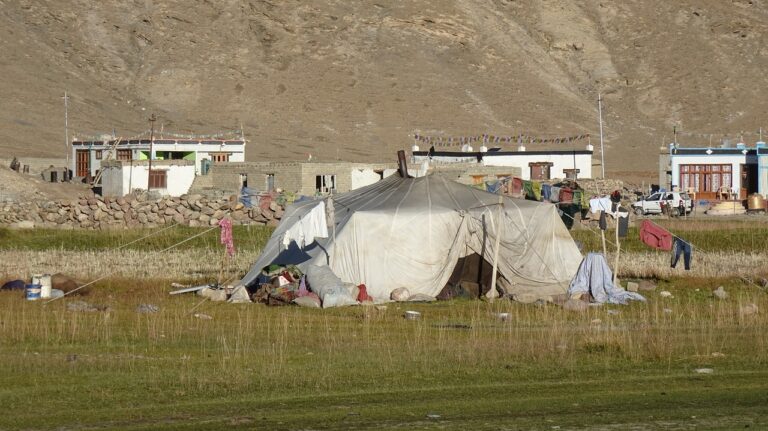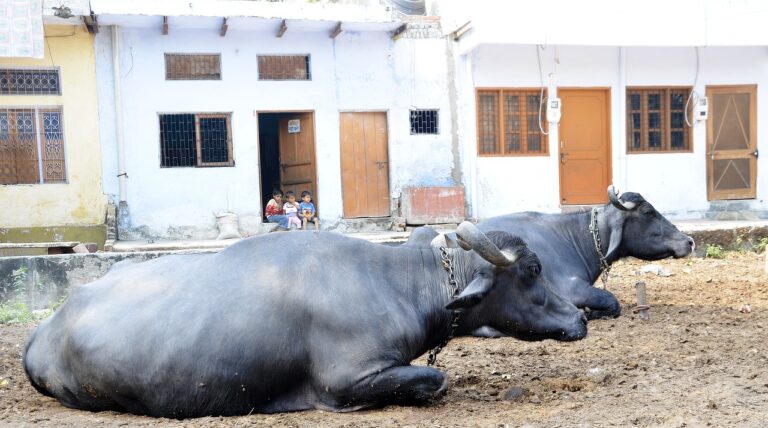Election Campaigning and the Ethics of Voter Suppression Tactics
Voter suppression is a complex issue influenced by various key players. Politicians often play a significant role in shaping voter suppression laws and practices. Through gerrymandering, restrictive voting laws, and other means, some politicians have been accused of targeting specific groups of voters to limit their ability to participate fully in the democratic process.
In addition to politicians, interest groups also have a hand in voter suppression efforts. These groups often use tactics such as spreading misinformation, funding campaigns to promote voter ID laws, and lobbying for policies that make it harder for certain demographics to vote. By influencing legislation and public opinion, interest groups can have a significant impact on who can exercise their right to vote.
Historical Perspective on Voter Suppression
Voter suppression has a long and troubling history in the United States. From the Jim Crow laws in the late 19th and early 20th centuries to the poll taxes and literacy tests used to disenfranchise African Americans, certain groups have faced systematic barriers in exercising their right to vote. These discriminatory practices were aimed at maintaining power dynamics and subjugating marginalized communities.
Additionally, the gerrymandering of electoral districts has been used as a tactic to dilute the voting power of specific groups, leading to unequal representation and distorting the democratic process. This manipulation of boundaries has had a profound impact on the outcomes of elections and has perpetuated inequality in the political landscape. Moving forward, understanding this historical context is crucial in addressing and combating voter suppression in the present day.
Impact of Voter Suppression on Democracy
Voter suppression poses a significant threat to the democratic process by hindering citizens’ fundamental right to vote. When certain groups are systematically targeted and prevented from participating in elections, it undermines the core principle of democracy that every voice should be heard. This leads to a skewed representation of the population’s views and interests, ultimately distorting the democratic outcomes.
Moreover, voter suppression perpetuates inequality and marginalization within society. When specific communities are disenfranchised through measures such as strict voter ID laws or gerrymandering, their ability to influence decision-making processes is severely diminished. This perpetuates power imbalances, allowing certain groups to maintain control and perpetuate their agendas at the expense of marginalized voices. Ultimately, voter suppression weakens the foundation of democracy by eroding trust in the electoral system and limiting the diversity of perspectives that should shape public policies.
• Voter suppression undermines the core principle of democracy
• Skewed representation distorts democratic outcomes
• Perpetuates inequality and marginalization within society
• Disenfranchisement through voter ID laws and gerrymandering diminishes influence
• Power imbalances allow certain groups to maintain control at the expense of marginalized voices
What are some key players in voter suppression?
Some key players in voter suppression include politicians who pass restrictive voting laws, political parties that engage in gerrymandering, and organizations that spread misinformation about voting.
Can you provide a historical perspective on voter suppression?
Voter suppression has a long history in the United States, dating back to the Jim Crow era when African Americans were systematically denied the right to vote through tactics such as poll taxes and literacy tests. Today, voter suppression continues through tactics such as voter ID laws and purging of voter rolls.
How does voter suppression impact democracy?
Voter suppression undermines the fundamental principles of democracy by denying certain groups of people their right to participate in the electoral process. This can lead to an unrepresentative government and erode trust in the democratic system.







